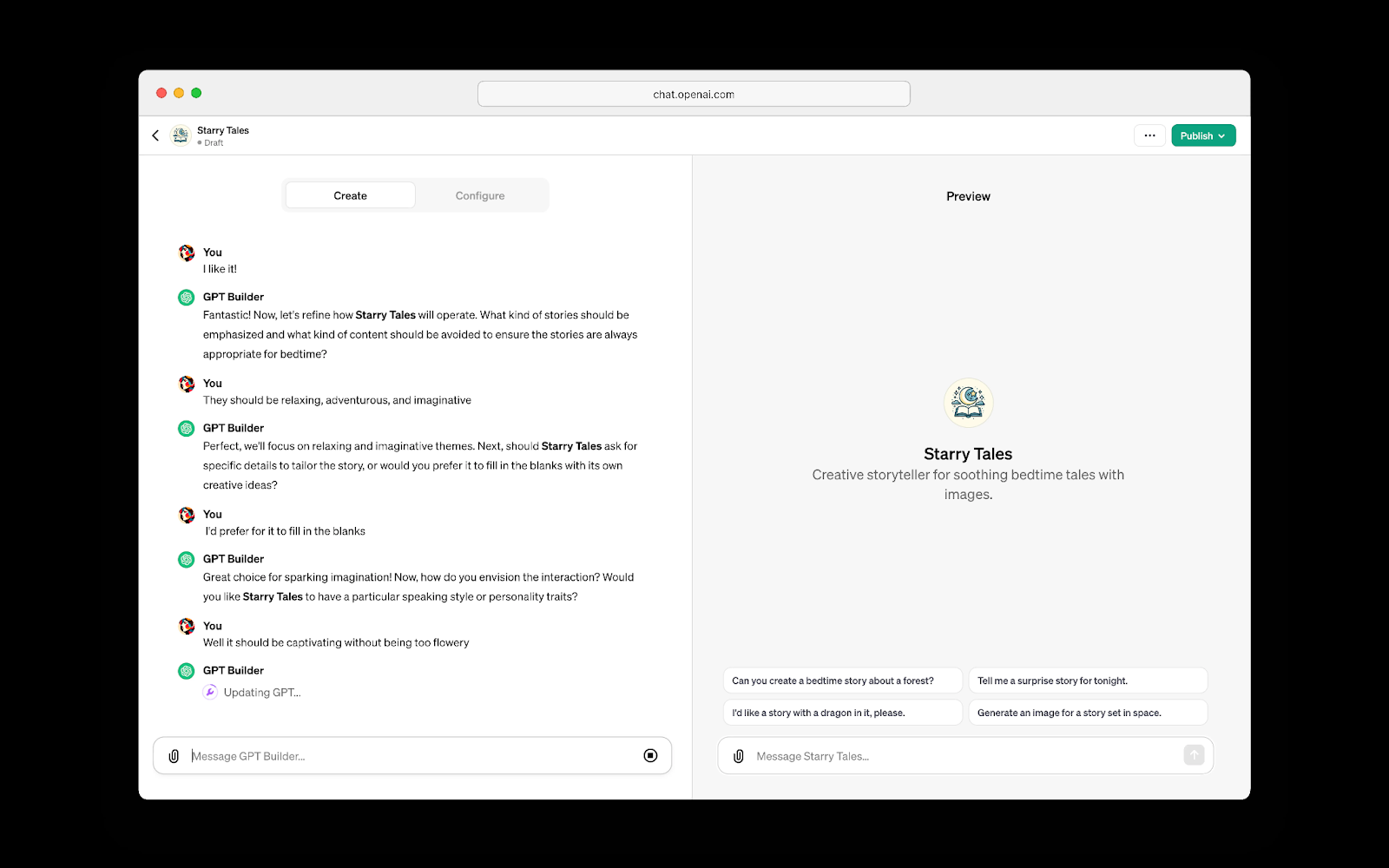OpenAI’s DevDay Puts Even Greater Power In AI Users’ Hands, Voices, And Minds
By Greg Kahn
Emerging Tech Exchange
Founder & CEO
Published on November 8, 2023
Another week, another major OpenAI advancement.
Actually, the parent of ChatGPT had a slew of advancements at its first DevDay event.
Any one of these would count as major news. So let’s break it down.
To my mind, the most far-reaching and consequential announcement was OpenAI giving users the ability to build their own custom versions of ChatGPT. Not only could this be the next Apple App Store, but the big difference is truly major: no coding knowledge is required. In the past, anyone could theoretically create a hot new app for the iPhone.
But to hear OpenAI CEO Sam Altman tell it, the barriers to entry to its “app store” will be non-existent. As exciting as that is, I feel a need to pause and ask: just because we can build something, should we? I’m sure OpenAI has considered certain guardrails on the creations that emerge under its umbrella. But the tech is moving faster than anyone can wrap their minds around it. (But that’s a topic I’ll be diving into a bit deeper later this week. Let’s get back to the news.)
OpenAI is set to make these custom tailored AI agents, known as GPTs, accessible through the GPT Store in the coming weeks. While the precise details of the GPT Store's structure and functionality are sketchy, OpenAI intends to reward creators based on the usage of their GPTs. These custom GPTs will be available to ChatGPT Plus subscribers and OpenAI enterprise customers, enabling them to develop internal-use GPTs.
The introduction of custom GPTs represents a significant expansion of OpenAI's capabilities, following the successful launch of ChatGPT one year ago. OpenAI made this announcement at its first-ever developer conference, DevDay, held in San Francisco.
Besides the custom GPT platform, OpenAI introduced GPT-4 Turbo, which is a more powerful AI model that can provide answers with context up to April 2023.
This enhancement overcomes the limitation of previous models, which had knowledge limited to 2021. GPT-4 Turbo supports longer inputs — i.e., your too-long text samples won’t prevent responses with this update.
In fact, GPT-4 Turbo allows for the summarization of entire books; it even offers text-to-speech capabilities with multiple voice options. It's available for developers in preview and will be released to the broader user base soon. OpenAI also announced reduced pricing for developers using its models.
The introduction of custom GPTs and GPT-4 Turbo has further solidified OpenAI's position in the competitive AI landscape, where it faces rivals like Character.AI and Meta, each offering their own AI personas in platforms like WhatsApp and Instagram. OpenAI's emphasis is on utility-focused applications, although the platform can accommodate human-like personas if desired.
With the new GPT platform, OpenAI allows users to guide their GPTs' interactions. It encompasses various features like web browsing, image generator DALL-E, and the Code Interpreter tool for writing and executing software. There's also an option for uploading custom data and integrating with external services through Actions.
As for the guardrails I mentioned, OpenAI did reveal a few protections.
For example, creators of GPTs will not have access to the actual chat conversations users have with their agents, and OpenAI will implement monitoring to prevent issues like fraud, hate speech, and inappropriate content. Access to the GPT Store will be restricted to verified users, and initially, GPTs will be accessible through shareable web links.
OpenAI sees the development of its GPT platform as a significant step toward achieving its ultimate goal of creating artificial general intelligence (“AGI”), also known as AI superintelligence. This move may further enhance the company's revenue, as it reportedly seeks a valuation from investors of up to $90 billion.
The DevDay presentation was just another example of how OpenAI is pushing ahead rapidly. It’s easy to suspect the company, which was hardly known by the public at this time a year ago, would get overtaken by the likes of Google, Meta, Amazon, Apple, and even its primary backer Microsoft. Every week offers more evidence that OpenAI can’t be counted out.
The numbers say so much about its established positioning: ChatGPT now boasts 100 million weekly users and wide adoption (to one extent or another) by Fortune 500 companies.
Microsoft's backing of OpenAI with a substantial investment and support in terms of infrastructure and computing resources signifies a strong partnership in the pursuit of AI advancement. OpenAI aims to cater to developers' needs and plans to continue improving its offerings, with potential developments like GPT-5 in the future.
It’s hard to imagine what advancements we’ll be talking about a year from now. But with all the new power at our disposal with GPT-4 Turbo and the democratization of AI app creation, it’s no overstatement to say that the power to realize our wildest imaginations — along with greatest productivity leaps — is at the fingertips of practically everyone. Should we be exhilarated or apprehensive — or a mix of both?
Greg Kahn
Emerging Tech Exchange
Founder & CEO




